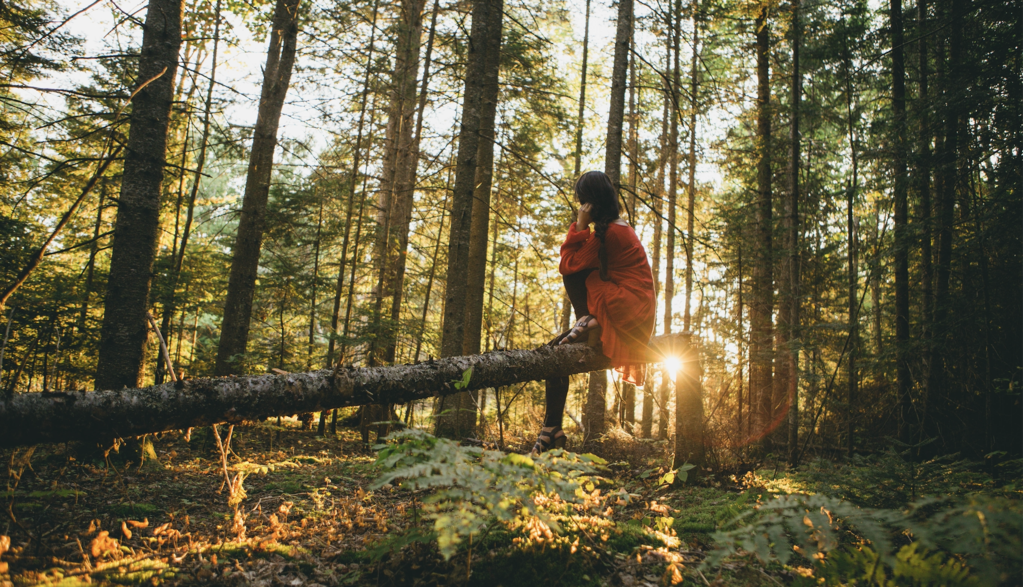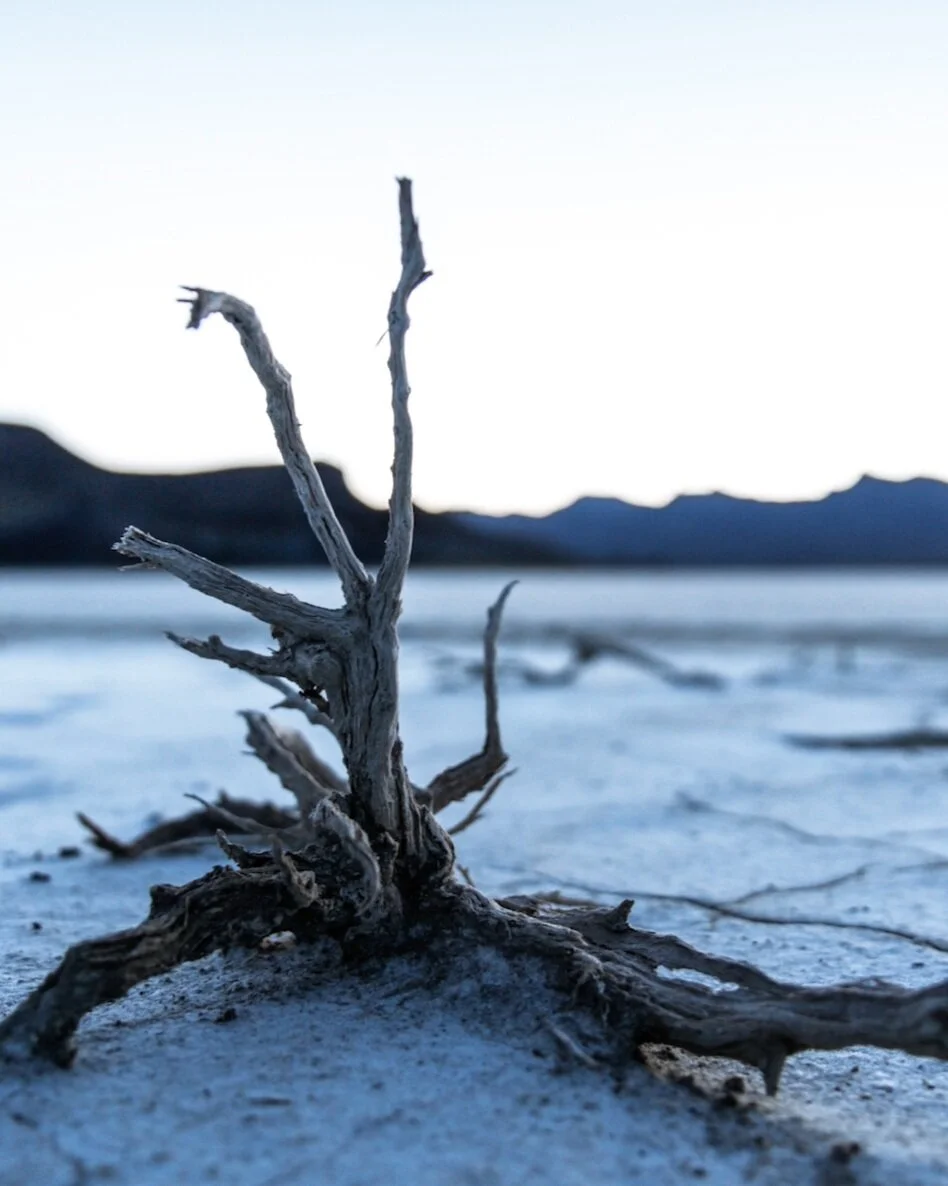How can you be an integral part to a healthier future?
The theme for Earth Day 2020 is climate action. And now, when our world has been thrown into chaos with Covid-19, is the time to make changes to the way we live - an enormous challenge that brings with it significant opportunity. This pandemic has spread around our hyper-connected world at lightning speed, threatening every country, causing disruption like never before and giving us insight into how vulnerable we really are.
It’s only when we see the faces, hear the suffering, feel threatened and experience vulnerability that we are spurred into taking action, making changes and evolving our thinking. And although this Pandemic has and will continue to cause pain, death, uncertainty and cripple economies, we will learn to adapt. In comparison, climate change represents a bigger challenge as it threatens life support systems that make our world habitable.
The debate on whether climate change is happening is no longer relevant, instead the conversation now needs to be what changes must be made.
Tipping points in the environment, due to climate change, create a mass loss in biodiversity. Currently, humans exploit more than 70% of the Earth, affecting the climate and leaving little room for nature to thrive. As a result of this exploitation, people are losing their homes, their livelihoods and some are losing their lives due to ecological damage. The worrying concern is our reluctance to see what’s happening as a result of our behaviour and habits, instead accepting our volatile climate as the new norm.
“Glaciers and ice sheets are shrinking. Global sea level is rising at more than twice the rate of the 20th century. The ocean is warming, becoming more acidic and losing oxygen. Fifty percent of coastal wetlands have been lost over the past 100 years. Species are dying, biodiversity is declining and ecosystems are losing their integrity and function.” Cassandra Brooks, Assistant Professor, University of Colorado Boulder
So what does meaningful change look like to reduce our carbon footprint?
Reduce consumption, use green energy, use renewable resources, reuse and recycle, eat less meat.
Producing stuff consumes energy. Producing more and more stuff for a growing population, whether it’s fast fashion or a smartphone, means an ongoing and growing consumption of energy generated by fossil fuels that create massive pollution issues for the planet. To reduce pollution we need to invest in renewable energy that releases zero emissions.
We also need to stop chasing productivity growth. Businesses need to address overproduction and the idea that growth only happens by producing more and as consumers we must change our throwaway behaviour and consider whether we really need to buy it at all. Wanting ‘more and more,’ wanting ‘bigger and better’ is not sustainable, instead we must start investing time and energy into products, businesses and jobs that matter.
If businesses invest in renewable resources, if one industry's waste can become another's raw material and if we make a conscious effort to reuse and recycle, then we can move toward a more circular economy where waste is reduced and natural resources are used in a sustainable way.
Animal agriculture is the leading cause of species extinction, ocean dead zones, water pollution, and habitat destruction, responsible for 90% of all deforestation and 20% of total greenhouse gas emissions globally. By simply reducing our consumption of meat and dairy we can take instant action that has a direct and positive impact on the environment.
2020 is proving to be a year of significant change to the way we live our lives - Covid-19 has made us rethink how we work, how we travel, how we socialise. It has reinforced that what really matters is our health and well being as we begin to understand that beyond our basic needs everything else is excess.
This Earth Day, take a moment to review simple changes you can make to your daily life that benefit the planet, a place we call home. Take our Sustainable Habits Challenge and be part of the solution to a healthier future.


